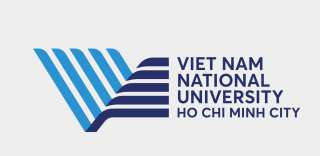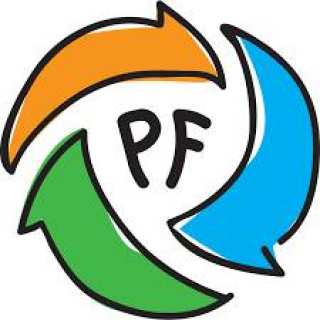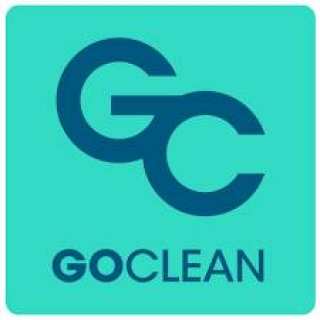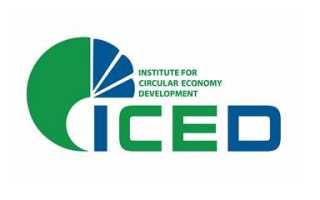Replastic

Plastic waste is a global problem. There are many initiatives around the world for the removal of plastics from the environment. However, what happens to the plastic when it is removed from the environment?
Cause
Plastics are very difficult to break down. This property causes problems in the environment but is beneficial for reuse. To facilitate the circular reuse of waste plastics, the idea arose to first recycle the plastics into plastic ‘sticks’, after which it can be upcycled into new products. We hypothesize that recycling before upcycling encourages the reuse of plastic. This is technically feasible, but much is still uncertain about the added value and economic feasibility.
Target
The aim of project Replastic is to develop knowledge in the field of circular economy and to stimulate the dissemination of international knowledge. To achieve this, we will:
- Research on how to manufacture plastic sticks of good quality by experimenting with different plastic mixtures.
- Explore the viability of a plastic recycling facility where plastic waste from the Mekong is used as raw material.
- Create awareness for the need for circularity by introducing students to circular design and the opportunities it offers.
Background
In this project, waste plastics from local floodplains are used as a raw material for the production of plastic sticks. These sticks are used as the basis for products such as chairs, loungers and building materials. Together with the National University of Vietnam in Ho Chi Minh City, designs will be made that fit within the Vietnamese context.
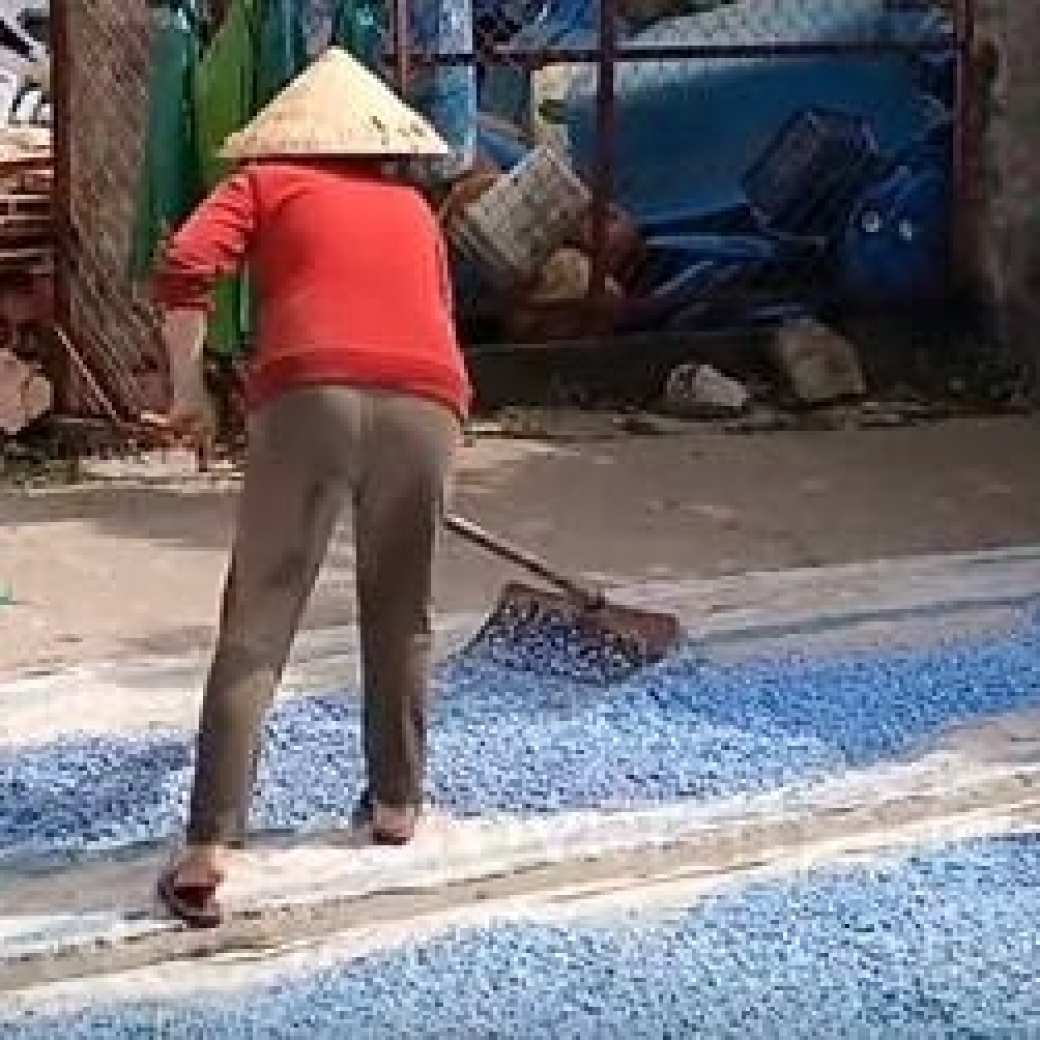
This consortium contains the necessary knowledge, expertise and resources to convert waste plastics in both the Netherlands and Vietnam into plastic sticks and to fabricate blueprints for design applications.
our team
Maarten Podt
Researcher Sustainable River Management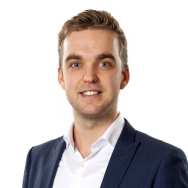
Jeroen Rijke
Lecturer Sustainable River Management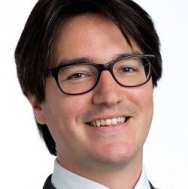
Results
The results are currently being worked on, but will include:
- A cost-benefit tool that serves as a guideline for how a recycling facility for river-plastics can be realized, so that the greatest possible value is created for the economy, ecology and society.
- A design contest of products made from plastic sticks to be held in July 2022. The winning design will be prototyped and showcased on the university.
Contact
Maarten Podt: maarten.podt@han.nl
Tel: 06-11 15 15 62
